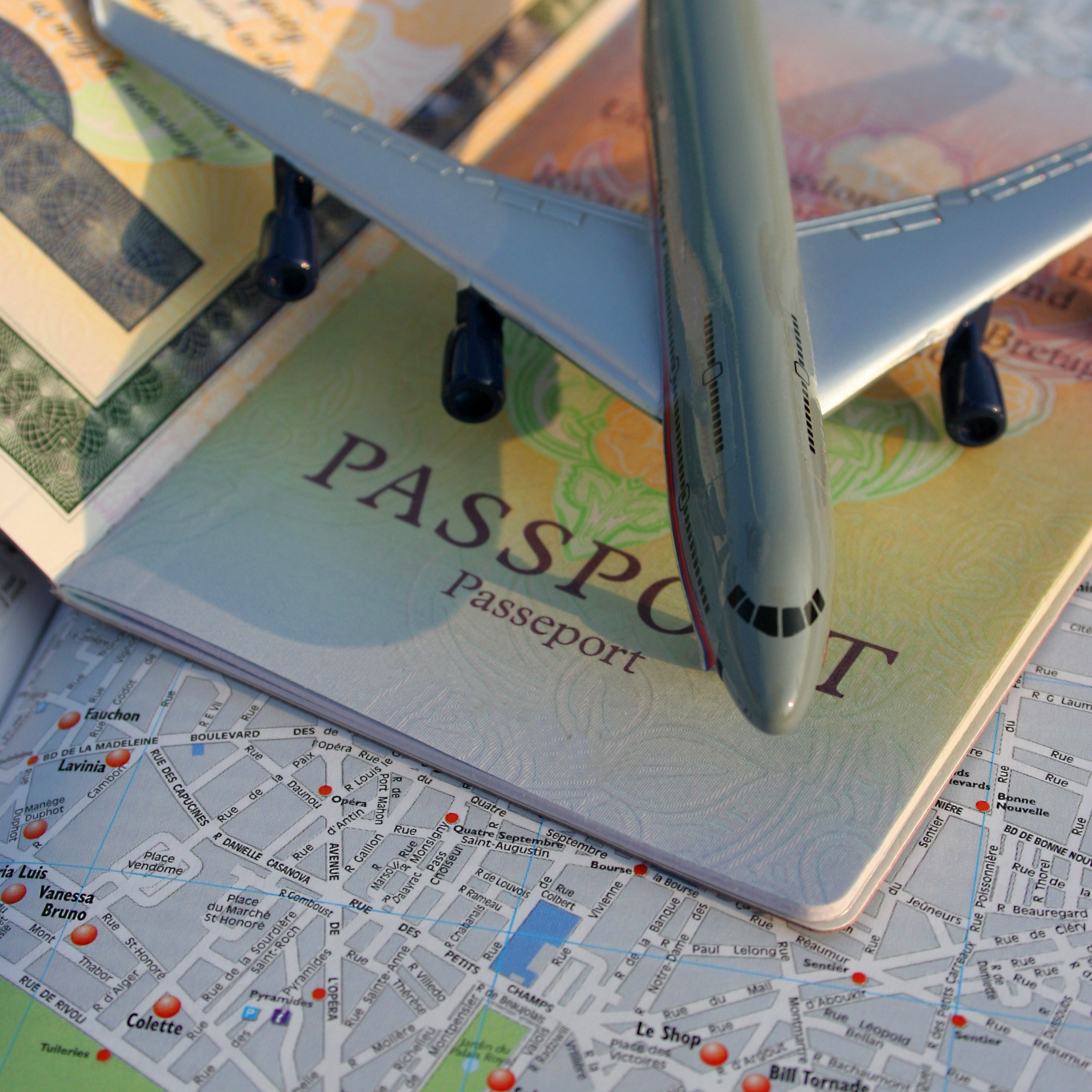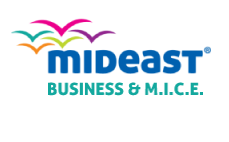Modern corporate travel policy has become the essential guide for managing business travel. It is no longer just a set of rules, but a flexible and strategic approach that defines when, how, and why travel takes place within an organization.
Τεχνητή Νοημοσύνη στα Επαγγελματικά Ταξίδια
Artificial Intelligence in Business Travel More Than a Policy: A Living Guide
The modern corporate travel policy goes beyond cost management, focusing on sustainability and safety. An effective travel policy begins with the reality of the business. It must reflect operational particularities, the needs of various roles, and the business footprint of each organization. It is not enough to set cost limits, seat classes, or accommodation standards. It needs to incorporate necessary flexibility so it can respond to emergencies and critical business opportunities—without sacrificing clarity.
This is achieved through intelligent workflows and approvals based on risk analysis, while leveraging real travel data enables the continuous adjustment of the policy, keeping it relevant and functional at all times.

The ESG Dimension: From Policy to Practice
Integrating ESG parameters (Environmental, Social, Governance) is now an integral part of any modern corporate travel guide. Companies are expected to reduce carbon emissions, choose sustainable means of transportation, and collaborate with suppliers who meet environmental or social criteria.
Practices such as travel consolidation—encouraging fewer but more strategic trips, carbon reporting, and promoting hybrid collaboration models—demonstrate how a travel policy can drive sustainability without compromising operational efficiency.
Safety as a Non-Negotiable Pillar
Traveler safety is a central element of the new travel policy. This includes:
- Risk management protocols for each destination.
- Guidelines for traveling to areas with political or health-related instability.
- Internal staff training to identify and manage unforeseen situations.
- Live updates and alert systems that provide real-time guidance.
Preparedness replaces reaction. A company that is properly prepared not only protects its people but also safeguards its reputation and operational continuity.
The Role of Technology and User Experience
Travel policies now need to speak the language of technology and focus on the traveler’s experience. The use of digital platforms for bookings, approvals, alerts, and cost tracking increases efficiency and reduces bureaucracy.
At the same time, usability and personalization are critical factors for employee acceptance. A guide that is clear, accessible, and tailored to real user needs promotes compliance and reduces the need for exceptions.
Mideast as a Strategic Partner in the Era of Smart Business Travel
With years of experience in business travel management, Mideast serves not merely as a travel provider but as a strategic advisor in shaping modern travel policies. Through:
- Advanced tools for cost analysis and ESG metrics,
- Specialized approval systems and notification mechanisms,
- Access to real-time travel insights,
Mideast helps companies design travel handbooks that ensure compliance, sustainability, safety, and strategic direction.
Travel Policy as a Competitive Advantage
A modern corporate travel guide is not merely a compliance tool or cost control mechanism. It is:
- A marker of corporate responsibility,
- A tool for strategic flexibility and sustainability,
- A driver of more efficient business mobility.
In reality, it is a competitive advantage—and those companies that recognize this early will lead the next phase of smart, sustainable business travel.


Comment (0)